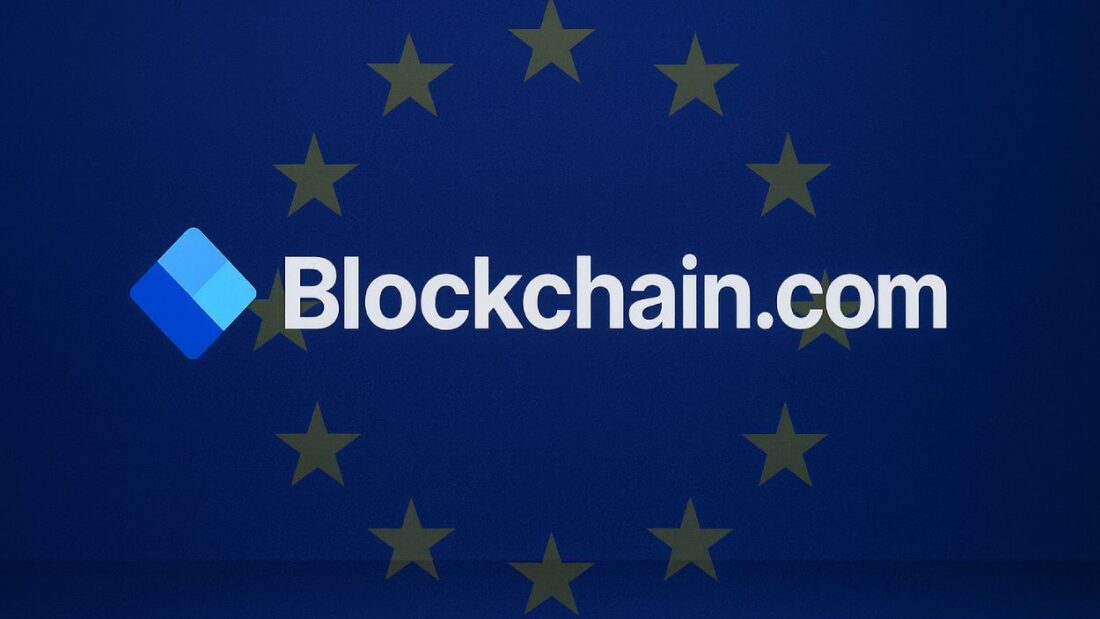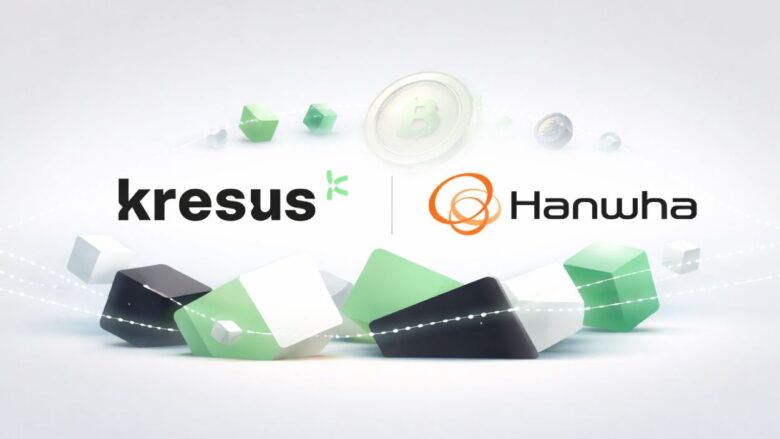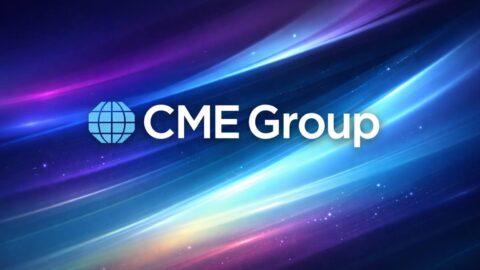Blockchain.com has received a MiCA license from Malta, marking a strategic milestone in its European expansion plans under the EU’s new regulatory framework.
Key Takeaways
- Blockchain.com obtained a MiCA license from Malta, enabling it to operate across all European Union member states under the new crypto regulation.
- The firm plans to center its European operations in Malta, with Fiorentina D’Amore leading the EU strategy.
- EU regulators have voiced concerns over Malta’s relatively lenient approach, warning of potential “regulatory arbitrage” and calling for stronger centralized supervision.
- Blockchain.com joins other MiCA license recipients like Revolut, Gemini, Kraken, and Relai, as firms rush to comply with the new EU-wide framework.
What Happened?
Blockchain.com has officially received a Markets in Crypto Assets (MiCA) license from the Malta Financial Services Authority. This development allows the company to operate across all 27 EU countries under the new MiCA regulation that came into full effect in late 2024. The company aims to use this license as a launchpad to scale its brokerage services, institutional tools, and self-custody wallets across Europe.
While Malta’s regulatory advantages have drawn interest from major crypto firms, EU authorities are raising concerns about uneven supervision and the risk of companies exploiting lighter regulatory environments.
🇪🇺 Huge news! We’ve received our MiCA License.
— Blockchain.com (@blockchain) October 23, 2025
This major step forward allows us to provide crypto services across 30 European countries, a key step in our mission to connect the world to the future of finance.
Read more 👉 https://t.co/ex1BQA0Awd pic.twitter.com/xMzyVRpi1i
Blockchain.com’s Strategic Shift to Malta
Blockchain.com described Malta as offering the “right combination of regulatory transparency, institutional expertise, and strategic access to the European Economic Area.” The firm stated it will use Malta as its central hub for EU operations. Fiorentina D’Amore has been appointed to lead the company’s EU strategy from the island nation, signaling a long-term investment in European growth.
The license allows Blockchain.com to benefit from regulatory passporting, where approval from one EU member enables operation throughout the bloc. This is crucial as the company moves away from centralized exchanges and deepens its focus on brokerage, institutional infrastructure, and self-custody wallets.
The spokesperson also emphasized that Blockchain.com is keeping a close eye on developments in other key jurisdictions including the UK, Singapore, Latin America, and the Middle East. The company has yet to address speculation around a potential U.S. public listing.
Concerns Over Malta’s Role in EU Supervision
Malta’s appeal lies in its relatively welcoming stance toward crypto businesses. However, that very openness has raised alarms among European regulators. In mid-September, authorities from France, Austria, and Italy urged tighter oversight of crypto markets, pushing for more centralized authority under the European Securities and Markets Authority (ESMA).
A July ESMA review of Malta’s licensing practices acknowledged the strong cooperation from the MFSA, but flagged that some risks were not fully evaluated during the authorization process. Critics point to Malta’s track record with “golden passport” schemes and lax gambling oversight, suggesting that it may offer an easier entry point for crypto firms looking to circumvent stricter scrutiny elsewhere.
The European Banking Authority (EBA) also expressed concerns about “forum shopping,” where companies selectively choose the most favorable regulatory environments. The EBA warned that such practices could threaten financial integrity across the EU by undermining consistent investor protections.
A Broader Trend Among Crypto Firms
Blockchain.com is not alone in securing a MiCA license. Other companies such as Revolut, which obtained its license in Cyprus, and Swiss-based Relai, licensed in France, are taking similar paths to solidify their positions in the EU market. Kraken, Gemini, Bitvavo, and others are also aligning with MiCA regulations ahead of enforcement deadlines.
Meanwhile, projects like Plasma, a stablecoin-focused Layer 1 blockchain, are preparing to follow suit. Plasma recently secured a VASP license in Italy and announced its intent to apply for MiCA authorization while opening a new office in Amsterdam.
CoinLaw’s Takeaway
In my experience, getting a MiCA license is fast becoming the gold standard for any crypto firm serious about operating in Europe. Blockchain.com choosing Malta is a strategic bet on speed and access, but it also opens up tough questions around how the EU balances innovation with oversight. I found it telling that while Malta rolls out the welcome mat, top EU regulators are already signaling red flags. We are likely entering a phase where the real test will be how effectively the EU can enforce consistent standards across all 27 member states. For now, Blockchain.com has taken a big leap forward, but it’s flying straight into an evolving regulatory storm.


































































